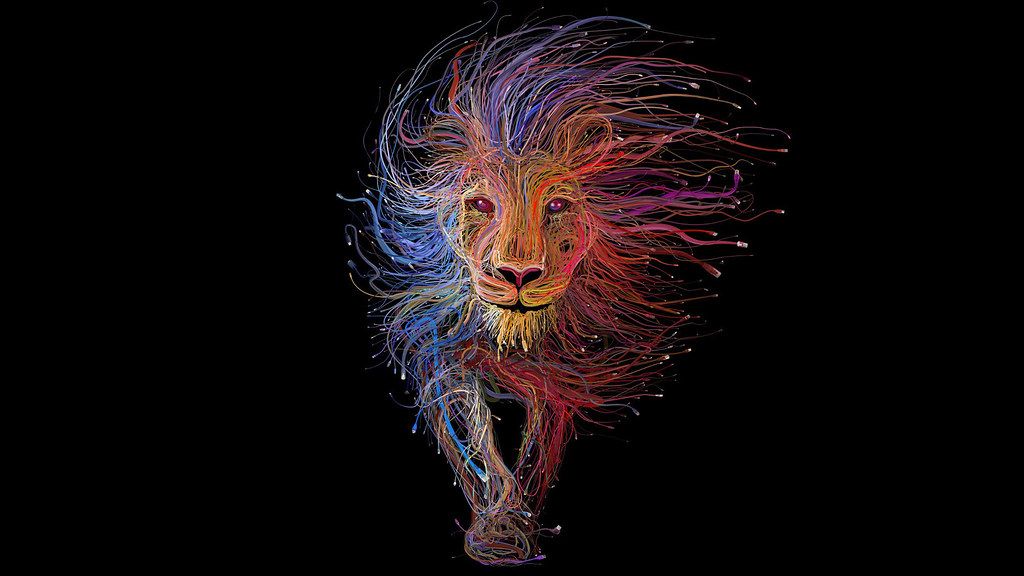The Lion King: Review
As an avid fan of the Disney classic, having watched the 1994 original countless times, it was no surprise that I was one of the many excited fans who flocked to the cinema on the release date of this year’s most anticipated film – The Lion King.
Jon Favreau’s second ‘live action’ remake venture (following The Jungle Book) lives up to its description as a technological marvel. The cinematography is surreal and if you’ve never had the chance to see the African savanna yourself, The Lion King is truly a virtual pleasure for the eyes.
Favreau’s computer-rendered creatures present what is practically a mirror-image of reality throughout the film
The first scene of the film is arguably its most breath-taking, an expansive and scenic shot of the landscape which introduces by far the most nostalgic and endearing shot of the whole film. As Rafiki lifts the young Simba to be marvelled at by the procession of animals below, the audience is instantly invited to be a part of this immersive cinematic journey.
It’s no surprise that Favreau’s computer-rendered creatures present what is practically a mirror-image of reality throughout the film, interchanging between the bright and spectacular landscape of pride rock and its jarring, carcass-ridden counterpart later on. Some scenes stand out in particular, leaving the audience completely blown away by the authenticity generated by the animation. The final battle between Simba and Scar is one of those spectacles, with an explosion of flames covering the scene amidst the confusion of claws and teeth – the audience is left to wonder at the fight in the rawest and most dramatic fashion.
The cinematography is surreal and if you’ve never had the chance to see the African savanna yourself, The Lion King is truly a virtual pleasure for the eyes
Unsurprisingly, as with the original, Hans Zimmer’s background score and the general soundtrack throughout the film accompany the plot perfectly. While the film retains its beloved classics, such as ‘I Just Can’t Wait to Be King’, ‘Can You Feel the Love Tonight’ and ‘Hakuna Matata’, ‘Be Prepared’ is more spoken than sung, and so remains a slight disappointment in my heart (being a personal favourite and one of the wittiest Disney songs of all time). However, new additions to the soundtrack, such as ‘Never Too Late’ by Elton John and Beyoncé’s ‘Spirit’, do offer a refreshing and melodious take.
Another change and triumph, in my opinion, is the increased presence of African-American and African actors in the cast, with Donald Glover playing Simba, Beyoncé as Nala, and Alfre Woodard as Simba’s mother, Sarabi – not forgetting Chiwetel Ejiofor, who voices Scar in the film and undoubtedly steals the show. Although a part of me misses the slightly sassier version of Scar in the 1994 version, voiced by Jeremy Irons, Ejiofor’s performance is scarier than ever, delivering lines with rage and menace that deserve the utmost praise.
I can’t help but think that this very essence and core of a Disney film has been swapped for camera effects and the technological advances of cinema
That’s not all, though. James Earl Jones still depicts the role of Mufasa as the wise and all-knowing King with beautiful gravitas, and Billy Eichner and Seth Rogen remain the crowd favourites as Timon and Pumbaa, earning plenty of laughs and making the film as witty and humorous as the original.
However, anyone that has seen the original can tell you that at the heart of the film is the immense emotional connection that binds the viewer with its characters, the heart-wrenching love story between a father and a son, and I can’t help but think that this very essence and core of a Disney film has been swapped for camera effects and the technological advances of cinema.
Mufasa’s death is not as poignant as the original, while Simba’s cries for help fail to emote the same heart-rendering feelings as they did with the classic. And so, although the CGI is astonishing, it is that very breath-taking display of reality that takes from us the Disney-esque sense of imagination, of believing and, as cliché as it may sound, of love.
Favreau does his best to make the film a visually aesthetic dream and an undeniably wholesome and entertaining extravaganza
The same sensation of watching and loving a film, and then wanting to watch it over and over again innumerable times doesn’t dawn on me as I leave the cinema – at least not in the same way as it did when I watched the classic for the very first time and immediately asked for it to be recorded on videotape.
The Lion King will still remain a family classic, though. With its master-strokes of cinematography and smartly-depicted attachment to the original plot, Favreau does his best to make the film a visually aesthetic dream and an undeniably wholesome and entertaining extravaganza for everyone.

Comments